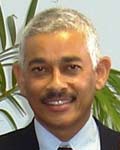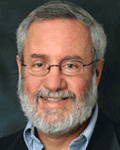Hear how you can best use your international experience as a graduate student, postdoctoral trainee, or your sabbatical to move your career forward.
For more information about how programs can develop better international programs, and what students can do to take advantage of international opportunities, check out SfN’s Neuroscience Training Programs Without Borders webinar.
Speakers







Laura Colgin, PhD, is a professor of neuroscience and director of the Center for Learning and Memory at The University of Texas at Austin. She has over two decades of reviewing and editorial experience, including serving as senior editor at eLife and co-editor-in-chief of Progress in Neurobiology. Her laboratory records neurophysiological activity in rats performing learning and memory tasks to uncover learning and memory mechanisms and how these mechanisms are disrupted in memory disorders.


.png?h=1763&w=3125&la=en&hash=B2439C2768576BED6405672E5CD5CF8CB1AA375F)




